We all know that you should apply sunscreen daily in summer, but sometimes you don’t want to do it because you haven’t found the one you like. And not only in summers, but we also need sun protection all around the year! Also, sometimes you wonder why exactly you should apply sunscreen. So, here we will answer some of the basic questions about sunscreens and sun protection!
Types of Sun Rays – UVA and UVB
Two types of UV rays affect us – UVA and UVB. Both rays have different effects on our skin to different extents.
UVA can penetrate deeper into the layers of skin as they have longer wavelengths. They can damage the skin elements, which are essential for maintaining the skin’s elasticity. Because of this, it can lead to signs of aging, such as fine lines and wrinkles.
Unlike UVA, UVB affects the outer layers of skin. It can cause redness, skin burn, and hyperpigmentation.
Types of Sun Protection – SPF and PA+
As there are two types of UV rays, there are two different systems for the protection of skin – SPF and PA+.
Sun Protection Factor or SPF measures how long the sunscreen will protect your skin from harmful UVB rays. There are different ratings of SPF for different sunscreens, such as SPF 15, SPF 35 and so on. The number after SPF represents the duration you are protected from the UV rays, and beyond that time, you should reapply for the sunscreen. For example, if your skin normally burns after 10 mins in the sun, an SPF 30 sunscreen means you can stay out for approximately 300 minutes without your skin burning.
PA+ is the protection grade of UVA. The plus sign represents the strength of protection, and it ranges from PA+ to PA++++. PA+ is the basic level of skin protection against UVA, while PA++++ indicates extremely high levels. This is mostly used in Asian countries to replace persistent pigment darkening (PPD) measures.
Type of Korean Sunscreens – Mineral, Chemical, and Hybrid
Now that we have covered the problem, it is time to learn more about the solution – sunscreens. There are three formulations for sunscreens – mineral, chemical, and hybrid. And why not go for the master’s in the skincare industry – Korean sunscreens.
Mineral sunscreens have mainly two ingredients – titanium dioxide and zinc dioxide. These sunscreens from Korean skincare brands protect the skin by reflecting the UV rays.
Chemical sunscreens have many more ingredients than mineral sunscreens, and they all work in different ways. The chemical sunscreens convert the UV rays into heat and thus protect the skin from any damage.
Hybrid sunscreens, just like the name suggests, have a mixture of both. They contain mineral elements as well as chemical elements in the formulation.
All the types of Korean sunscreens are equally protective, but you must ultimately make a choice based on what you are looking for. Mineral sunscreens do not irritate the skin, but they generally have a thicker texture when applied. Chemical sunscreens are lighter in texture, but they can be a potential irritant for people with sensitive skin.
So, we covered some basics about sunscreens and not only they can keep your skin looking younger but also protect it from getting sunburnt. And even if you are not prone to sunburns, apply sunscreen as it can also protect you against skin cancer.
You can check out the Innisfree sunscreens that will offer you much-needed sun protection on upcoming sunny days.




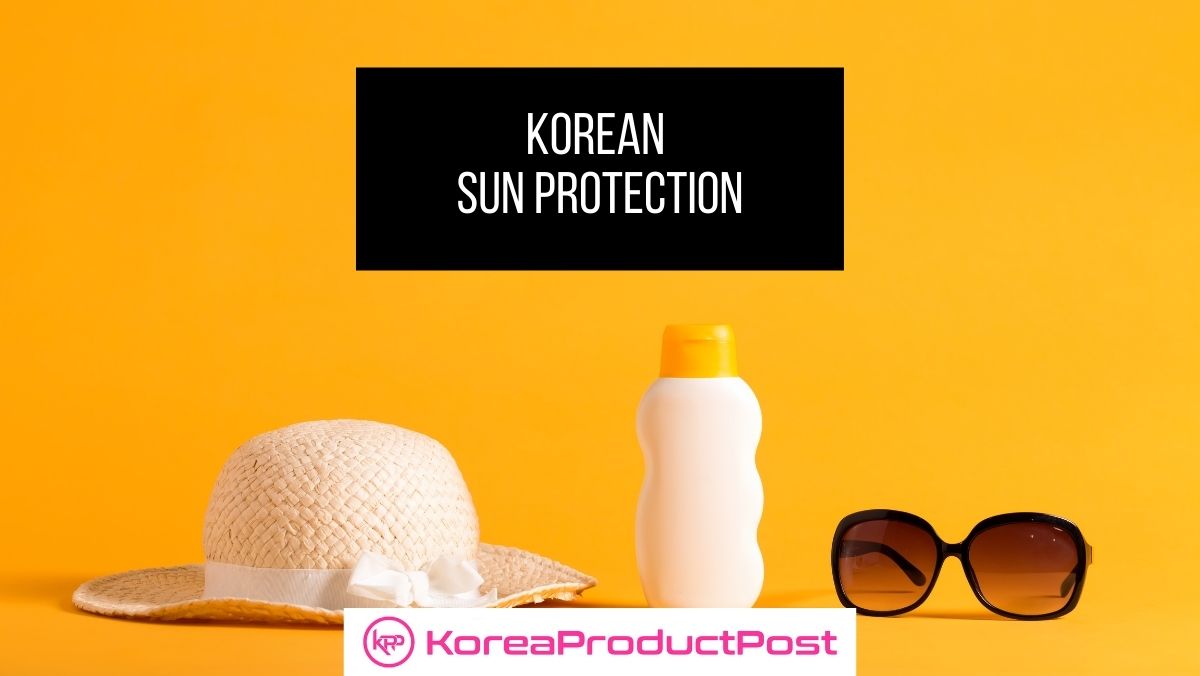
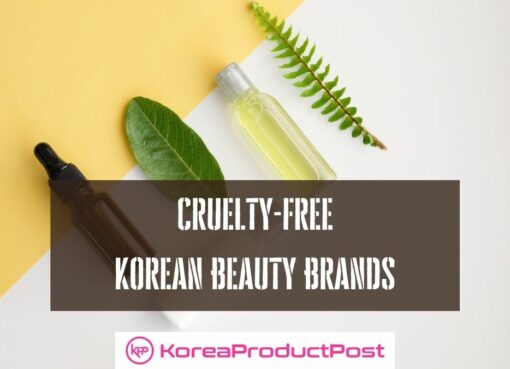
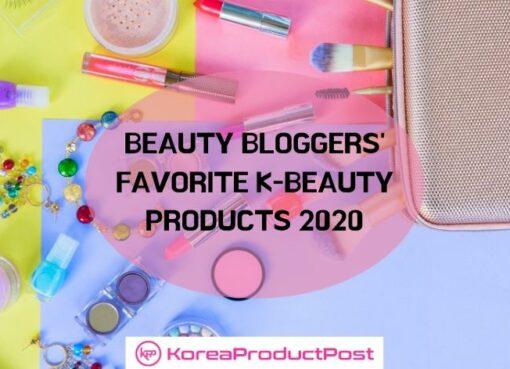
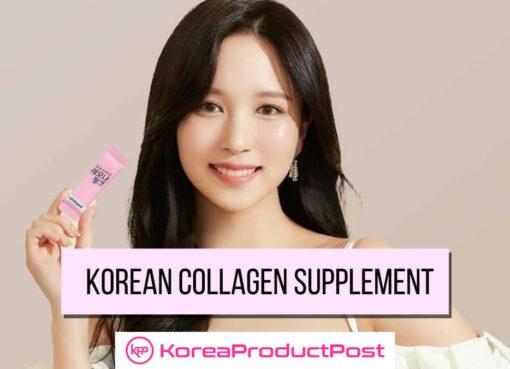
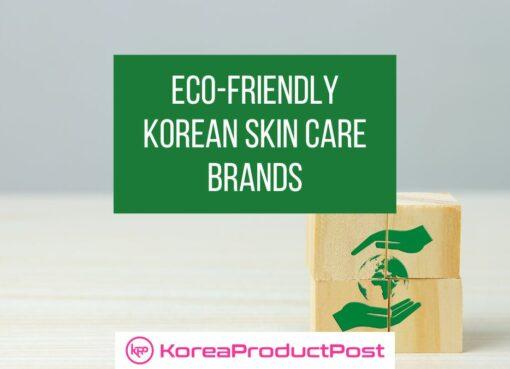
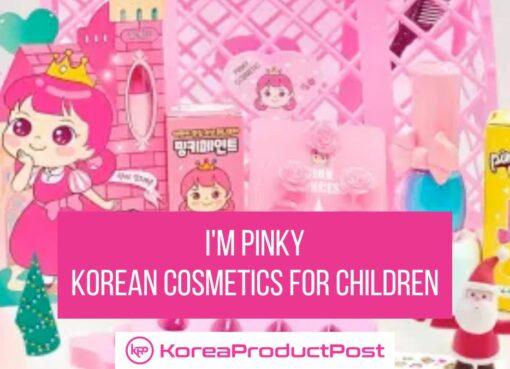
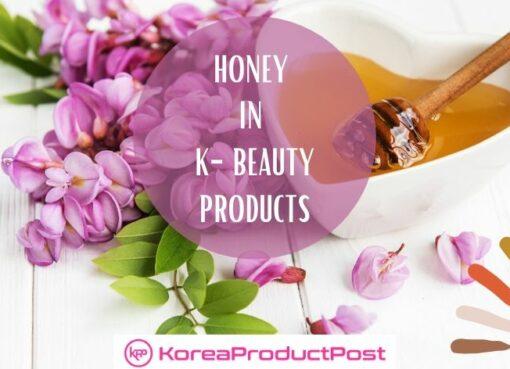
Comment here